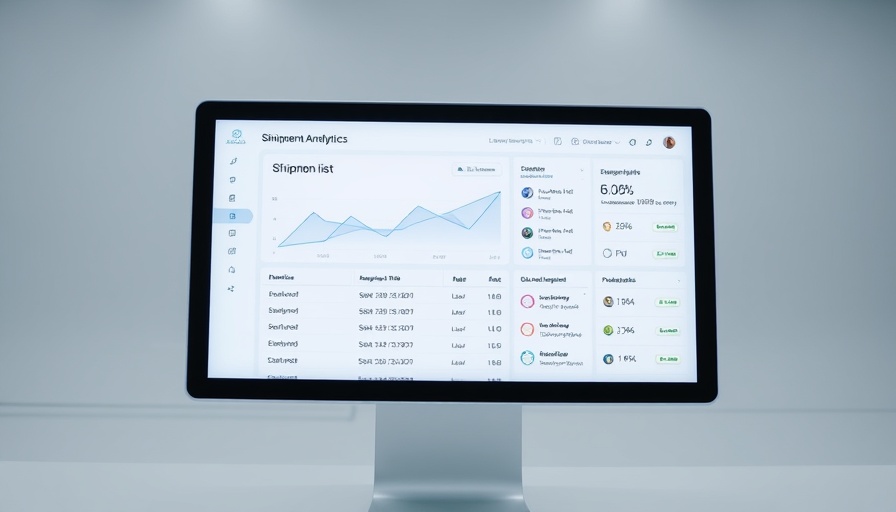
Understanding the Impact of Leadership on Diverse Communities
In a landscape where policy decisions resonate deeply within marginalized communities, Donald Trump's first 100 days as president have left an indelible mark on Latino citizens in the United States. As businesses navigate the shifting policies stemming from this administration, it is essential to analyze the intersection of leadership and community development through the Latino lens.
The Ripple Effect of Policy Changes
Trump's administration has pushed forward several policies that significantly affect Latino populations, including immigration reform and healthcare changes. These decisions are not merely political maneuvers but have profound consequences for the livelihood of businesses that rely on Latino workers. For instance, the tightening of immigration laws leads to labor shortages in industries that depend heavily on this workforce, subsequently increasing costs for businesses. Facility managers and property developers must confront these challenges head-on, evaluating how changes in labor availability can impact project timelines and budgets.
Business Owners and Social Responsibility
As the economic landscape changes, business owners ought to consider their roles as stakeholders within the community. Latino business owners, in particular, face unique hurdles influenced by regulations and societal attitudes. According to recent studies, diverse businesses not only contribute significantly to local economies but also foster inclusive practices that enhance community well-being. This presents an opportunity for socially conscious businesses to redefine their priorities by focusing on sustainable practices that support marginalized communities.
Health and Wellness Considerations in the Current Climate
In light of the recent leadership's focus on deregulation, health and wellness within the workplace have come to the forefront of industry discussions. Businesses are increasingly recognizing that a healthy workforce is integral to productivity and success. For Latino workers, who may experience disproportionate levels of health disparities, implementing robust wellness programs can yield significant returns on investment. Companies should look into how employee health initiatives can be aligned with the broader goal of promoting fairness and equity in the workplace.
The Future of Construction in a Changing Political Climate
Looking ahead, the construction industry must stay agile in responding to policy shifts. As we embrace innovation in construction technology and sustainable practices, it is essential to understand how demographics dictate market demands. Those who ignore the evolving needs of diverse populations may risk falling behind. The combination of green building practices and social responsibility presents a unique pathway for success, allowing businesses to thrive while supporting community development.
Call to Action: Prioritize Community Engagement
As the construction and business sectors navigate the implications of recent policies, community engagement should be prioritized. By fostering partnerships with local Latino organizations and investing in sustainable practices, businesses can contribute to a more equitable future. Take steps today to align your company with the broader goals of social responsibility and community health, ensuring that all voices are heard and represented.
 Add Row
Add Row  Add
Add 




 Add Row
Add Row  Add
Add 

Write A Comment